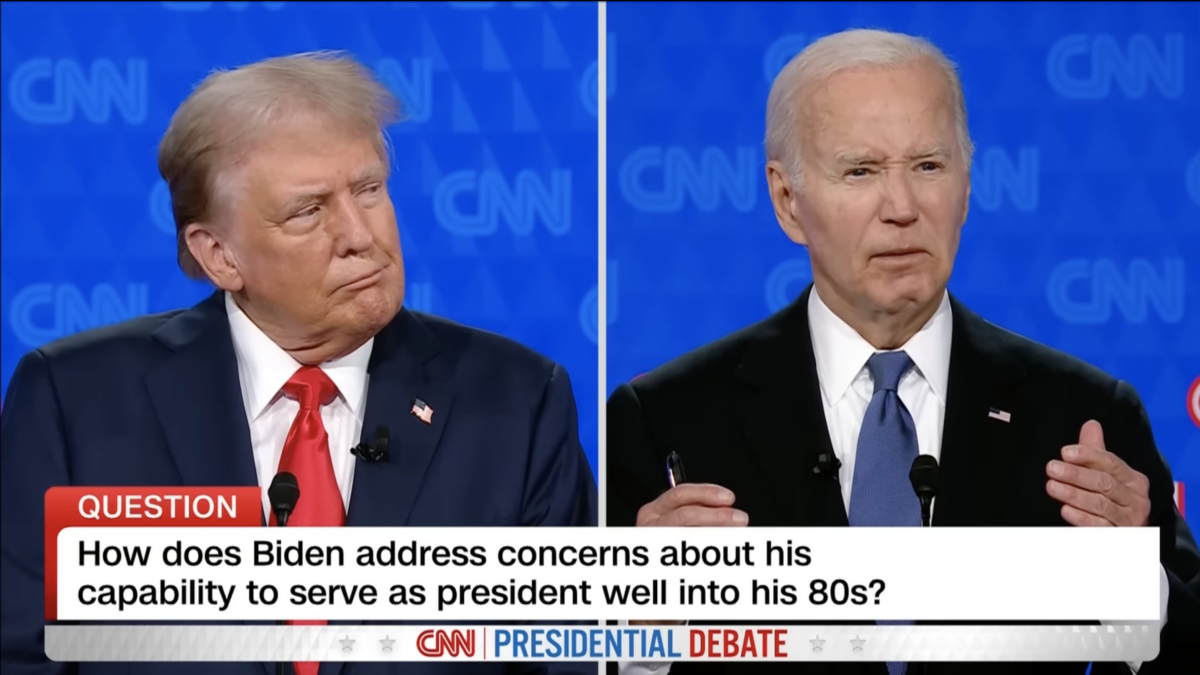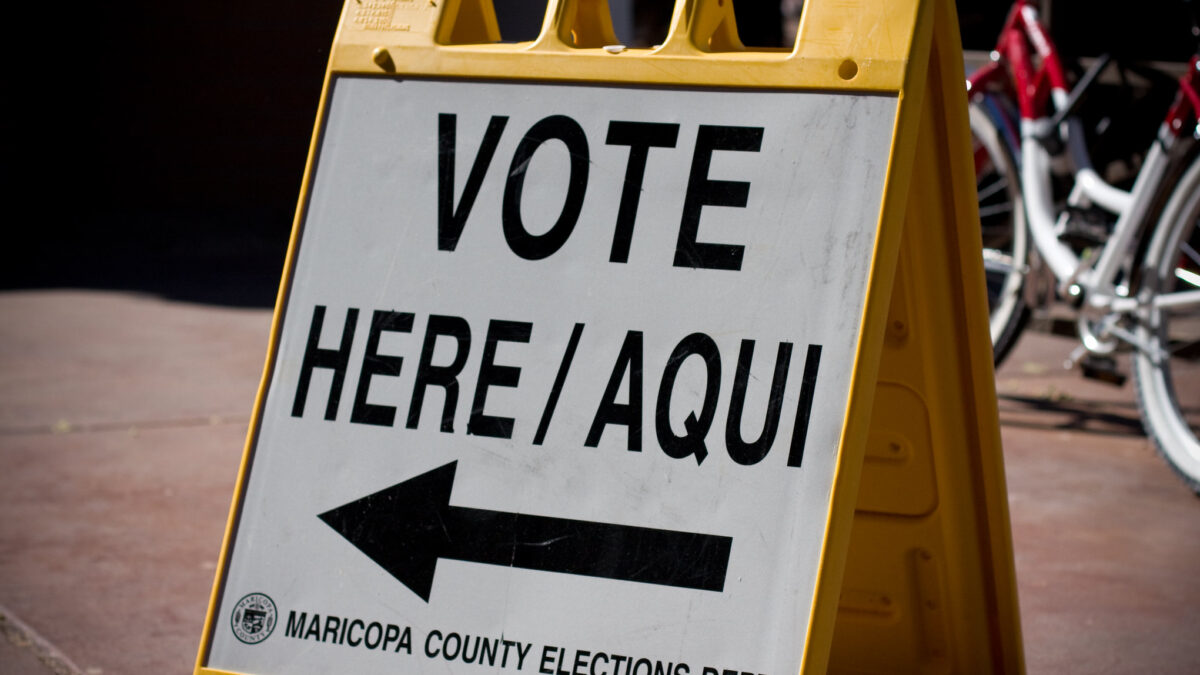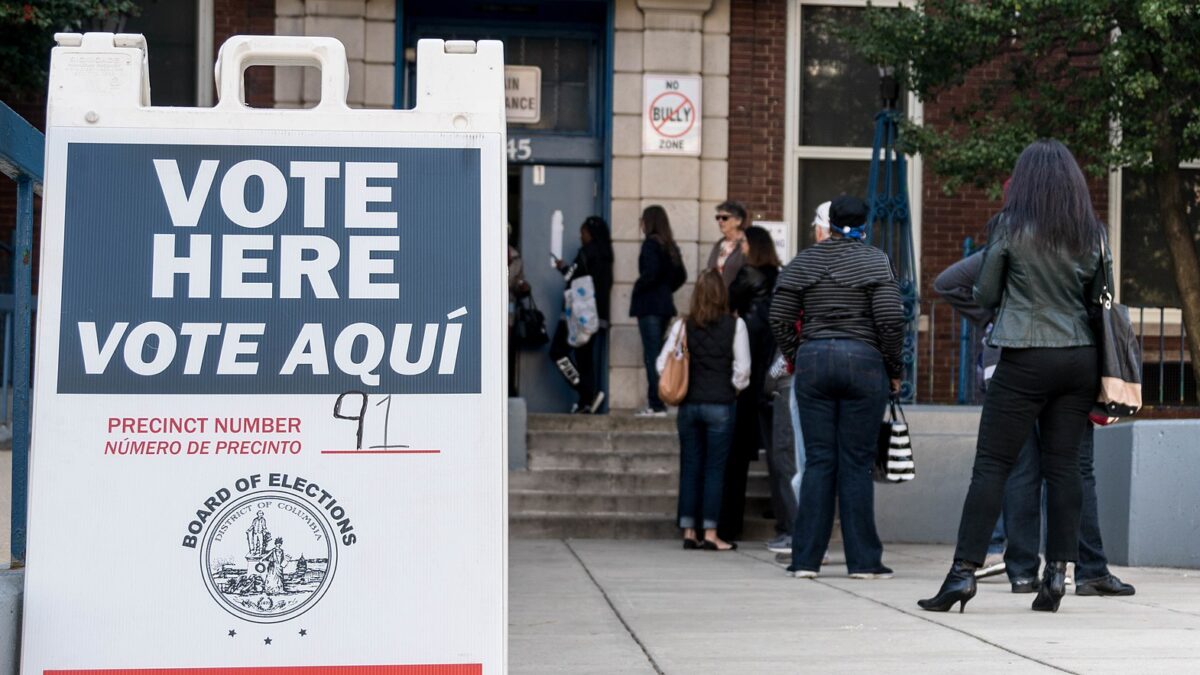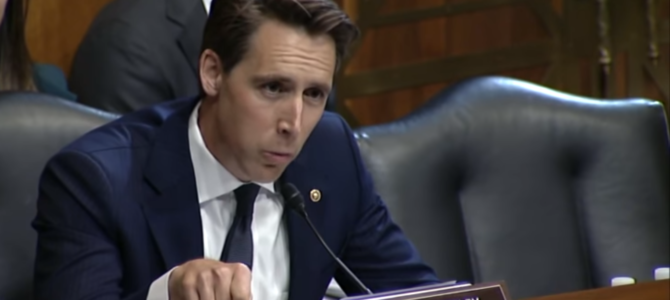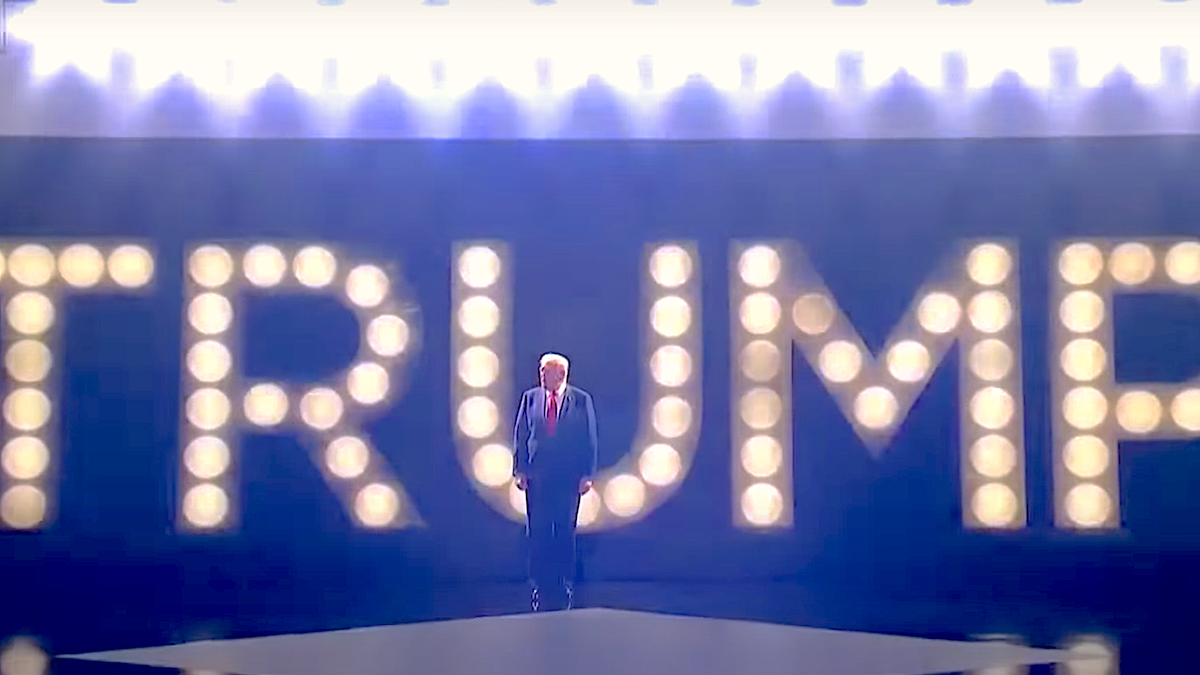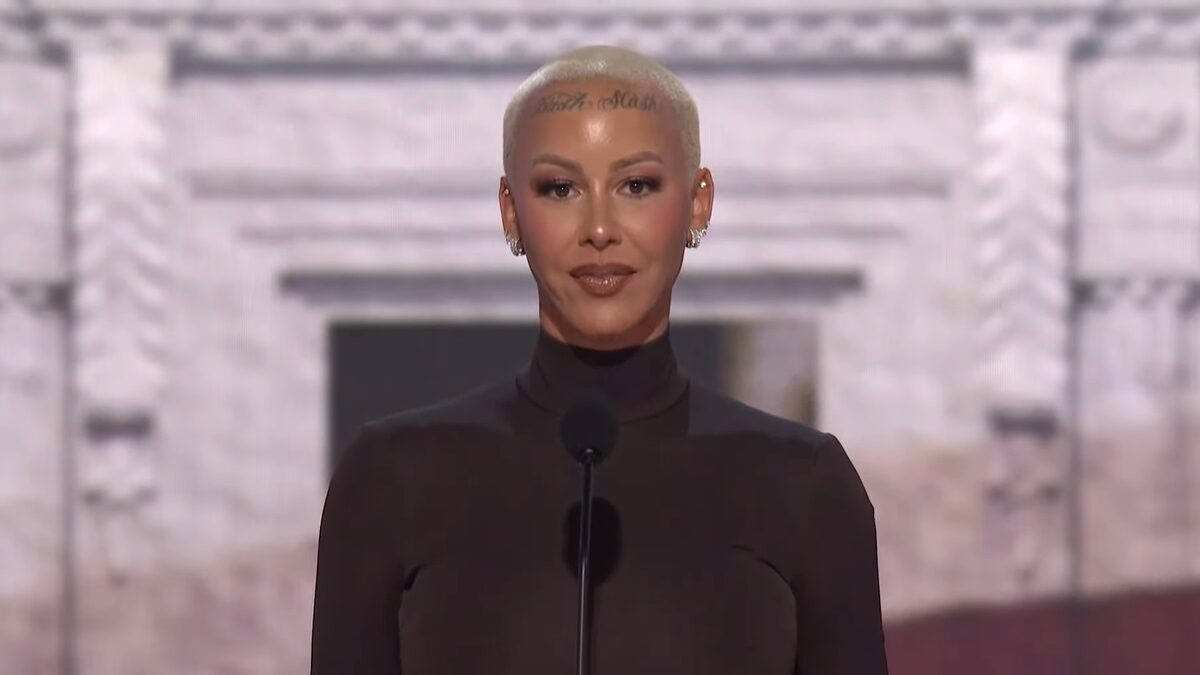After a full week of isolated “preparation,” President Joe Biden committed political suicide Thursday night in the first presidential debate. He struggled to put together a coherent sentence, with former President Donald Trump at one point telling moderators he was unsure what Biden was trying to say. And while Trump delivered a tempered and strong performance, Republicans cannot assume their polling and debate performances will be enough to win this November. The party must keep its foot on the pedal of ballot operations.
Biden’s performance rocked the left-wing apparatus, with the left fretting that he should not and cannot be the Democratic nominee. Biden spent the night incoherently rambling, muddling words, lying at least 20 times, and, when not speaking, standing with his mouth agape.
“Dems freak out over Biden’s debate performance: ‘Biden is toast,'” Politico headlined a piece.
CNN’s John King said “there has to be a conversation with the president after tonight” while Van Jones said Biden should “consider taking a different course now.”
Despite the worried reaction, if Republicans rest on their laurels, it’s possible that Democrats’ ballot trafficking operations could carry a candidate as weak as Biden across the finish line.
Democrats have spent years creating sophisticated on-the-ground ballot operations, from get-out-the-vote efforts to mail-in ballot collection. In the swing state of Pennsylvania, the state’s Democrat Party has worked with Biden’s campaign to set up more than a dozen offices focused on hosting “training sessions for volunteers, canvassing kickoffs and volunteer recruitment events,” according to the Pennsylvania Capital Star. It’s a move that deserves “credit,” Erie County GOP Chairman Tom Eddy told The Federalist back in May.
And it’s a move that could still deliver Biden a narrow victory if Republicans become overconfident that Trump’s killer debate performance alone can help him carry swing voters.
A May poll from the New York Times/Siena College found Trump led Biden in five battleground states. In some states, Trump’s lead over Biden narrowed slightly among likely voters compared to registered voters, suggesting Trump could benefit from targeted outreach to voters who are registered but may not plan on turning out to the polls on Nov. 5.
The field is also ripe for Trump to use targeted voter registration efforts to win more votes. A recent survey from Campaign Now found that in the battleground states of Wisconsin and Michigan there are unregistered, likely Republican voters who want to be registered ahead of the election. The survey estimates there are 311,206 “unregistered, likely Republican voters in Wisconsin, and 581,173 unregistered, likely Republican voters in Michigan,” according to Center Square. The survey size was small — the group only received 300 responses after contacting thousands of unregistered voters — but Campaign Now’s John Connors insisted the survey results show “an opportunity” for engagement and that conservative campaigns and organizations need to make assisting those voters a “priority.”
It’s a sentiment I heard while in Pennsylvania recently at an RNC event to train poll watchers. Andy Meehan, founder of the grassroots organization RightForBucks that focuses on turning out voters in Bucks County, told me his organization was “doing a lot of the efforts on our own” but wanted “more direction from the [Trump] campaign.” And just a little more than a month ago, the RNC had little to no on-the-ground operations in key swing states, local grassroots leaders told The Federalist.
After Biden’s disastrous performance, surely there will be an appetite not only among Republican-leaning unregistered and registered likely voters, but also independents. Maybe even disillusioned Democrats. Whether it was Trump’s tempered debate performance or Biden’s abysmal performance that turned voters toward Trump matters not. What will matter at the end of the day on Nov. 5 is which candidate’s party turned out those voters and their peers, whether in person or by mail.
